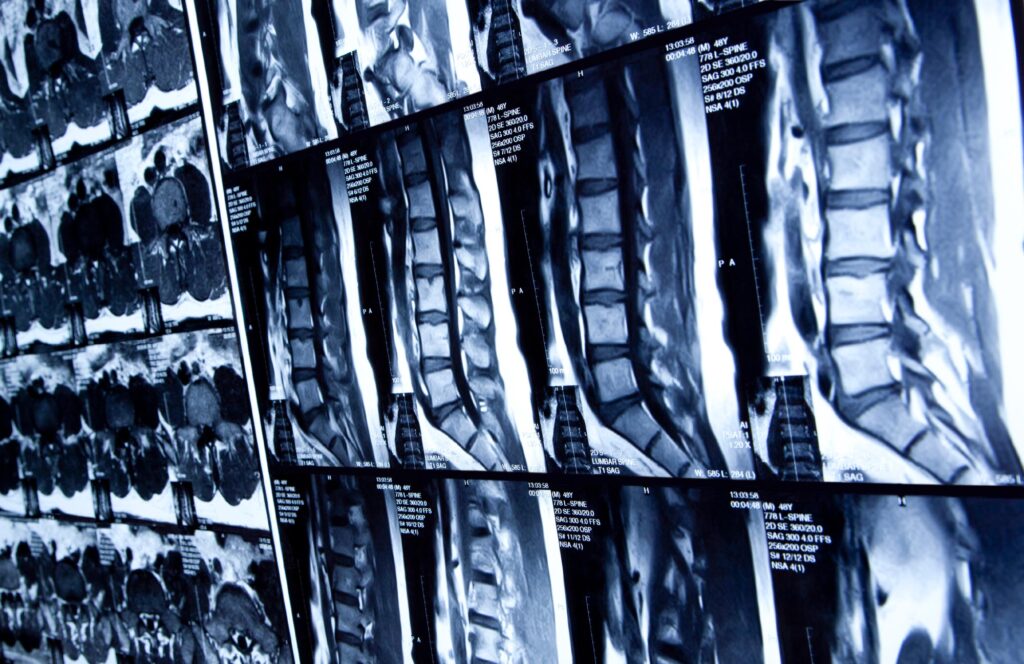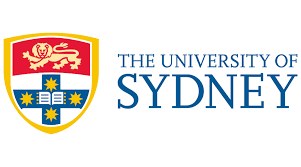How we breathe influences many aspects of health and wellbeing. Ancient traditions such as yoga and qi gong use regulated breathing techniques to achieve tranquillity of mind. We now know that the way we breathe can regulate our nervous system. But how does regulated breathing affect people with a disrupted nervous system, like those living with spinal cord injury? To explore this issue, researchers at The University of Sydney have set up the SMART (Spinal cord injury, Mind and HeART) study to train people with spinal cord injury to regulate their breathing and assess how this influences blood pressure regulation, chronic pain, mood dysregulation, fatigue and other issues experienced by people with spinal cord injury.
The SMART study will determine whether regulated breathing can improve the functioning of the nervous system in the long term. These health outcomes will naturally require practise, similar to any exercise program. For example, the more you practise building up strength in your muscles, the stronger you become. By practising regulated breathing, you are exercising the receptors of the heart and balancing that part of the nervous system, called the autonomic nervous system, that helps us regulate blood pressure and recover from stress and postural change. This may lead to less fatigue and dizziness, increased endurance and all-round enhanced performance. The SMART study team will also assess if regulated breathing improves outcomes of other interventions like transcutaneous spinal cord stimulation on the function of the autonomic nervous system.

Participation in this study is free of charge. Participants will be randomly allocated into one of the two treatment groups. Group 1 will receive a 10-week specialised program and Group 2 will continue to receive their usual care in the community.
The specialised program comprises four online and six face-to-face sessions. The program will be delivered at Royal North Shore Hospital, St Leonards, but can also be conducted at other venues if needs be. The small group sessions will involve an individually guided breathing technique using computer feedback technology, helped by psychological strategies like mindfulness and visualisation techniques.
Each participant in Group 1 will receive a chest strap that measures heart rate which they can use at home. The strap pairs with your mobile device and uses cutting edge technology to provide feedback on how your breathing practice is influencing your heart rate variability – a good indicator of autonomic nervous system functioning.
If you are over 18 years of age and more than 12 months post spinal cord injury, please contact the team using one of the three methods below if you are interested in being a participant in this study or would like to know more.
Email: smart.trial@sydney.edu.au
Mobile: 0420 378 157
Online: Fill out a 30-second form and someone from the SMART study team will contact you.

